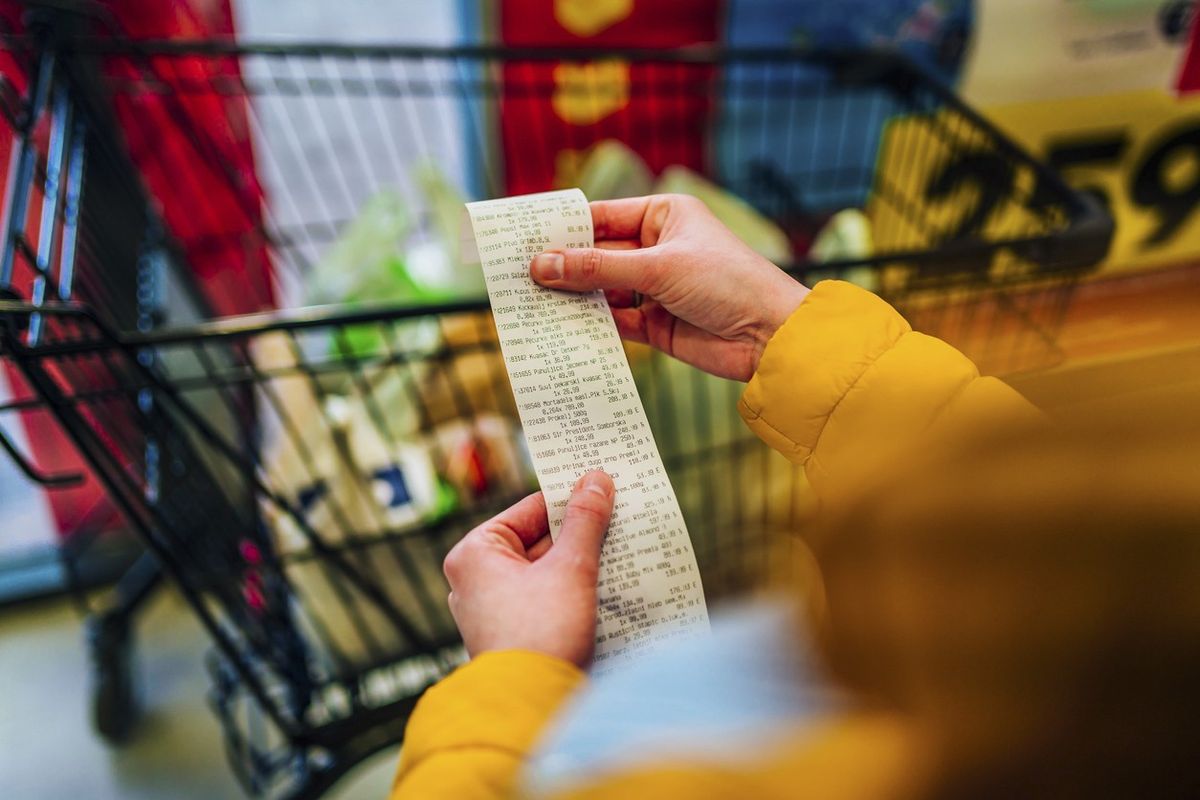Cash machine network LINK has published its latest data showing how people are responding to the increase in the cost of living and managing their day-to-day finances.
The research shows that 90 per cent of adults in the UK intend to do something to save money, with almost two-fifths (39%) intend to stop eating at restaurants or ordering takeaways, whilst a similar number (38%) say they plan to reduce the cost of their electricity bills and purchase value brands and/or yellow label goods as part of their food shop.
The study is part of the research LINK is undertaking over the past two years to understand how cash use is changing in response to Covid-19. While most people and businesses are beginning to move on from the pandemic, the latest research, conducted in June, identified certain changes in attitudes to cash use in the wake of the rising cost of living in the UK.
According to the survey, one in ten plans to save money by using contactless less and 9 per cent intend to use cash more frequently. For this latter group, the most popular reasons for intending to use cash more frequently were that doing so gives them a better idea of how much they’re spending (63%), helps them to spend less (58%), helps them to keep track of spending (57%), and helps with budgeting (57%).
Some 5 per cent plan to spread payments over a credit card and just over a third (36%) plan to postpone expensive purchases. A third (33%) intend to use their car less to reduce fuel costs and over a quarter (28%) intend to cancel a TV or gym subscription.
Respondents have also highlighted their concern and regular interaction with fraudsters. Almost a quarter (22%) of adults in the UK have received a phone call or text message, since the start of the Covid-19 pandemic, that has attempted to defraud them.
In relation to cash, 68 per cent of adults in the UK have used cash in the past two weeks to pay for something. This is slightly lower than in February (71%) when the research was last conducted.
Additionally, people continue to experience situations where they want to use cash but cannot. Nearly a quarter of respondents (23%) said they'd recently preferred to use cash in a shop but instead used a card because the venue discouraged cash payments. Furthermore, over 17 per cent said they could not buy what they wanted because the business was no longer accepting cash.
“There really is a digital divide for those who are and aren’t comfortable using digital payments,” Graham Mott, Director of Strategy at LINK, commented.
“For some, card and digital payments mean they can track all their spending online or on the mobile banking. Yet, for many, especially those on fixed or lower incomes, there is no better substitute for budgeting to cash. Not everyone has access to cards or digital payments and they know exactly how much money they have when paying in cash for the bus or in the local shop.
“We are also expecting the government to publish the Access to Cash legislation soon. This will be important to making sure that every community has access to cash on their local high street.”


